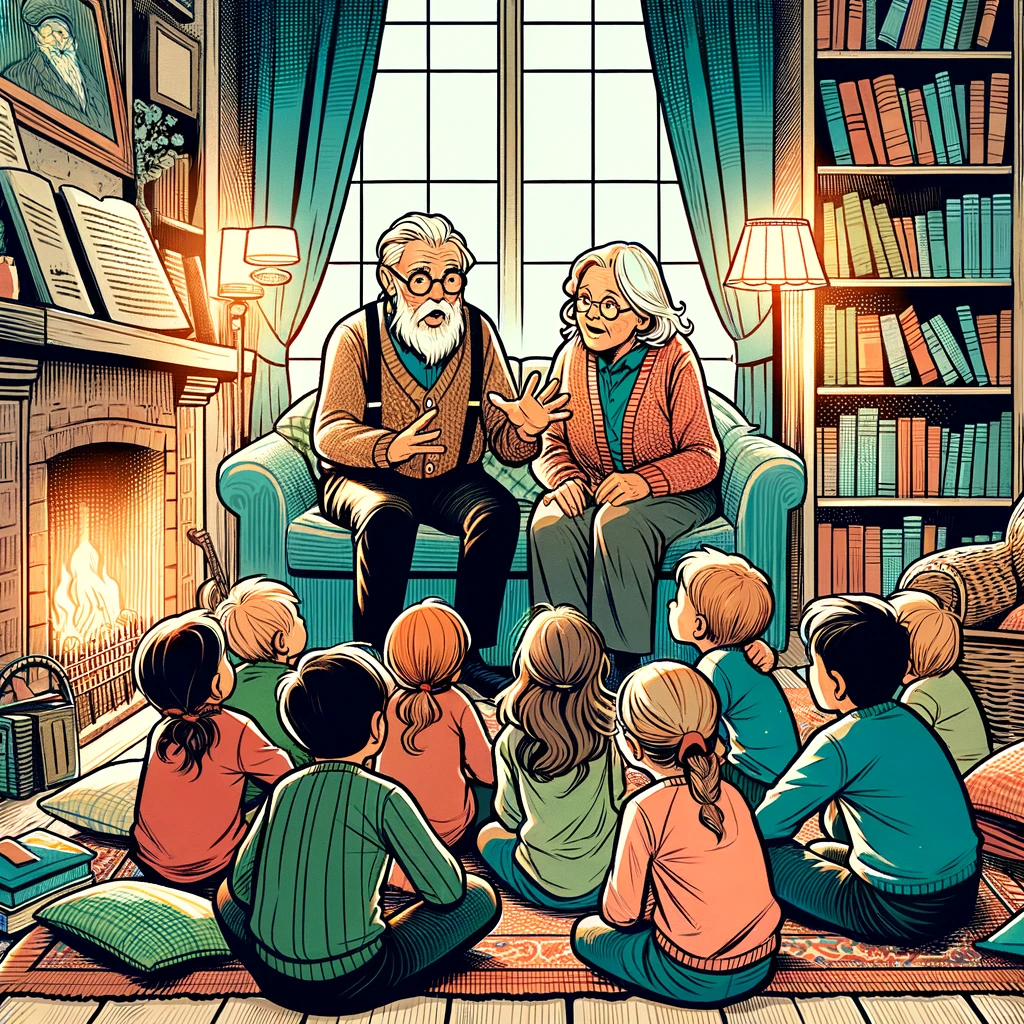Introduction
The educational landscape is currently undergoing a significant transformation, marked by a departure from traditional pedagogical models to meet the dynamic demands of the 21st century. This transformative journey is vividly exemplified by the clash between the conventional banking model and the progressive learner-centered approach. The former, deeply rooted in a teacher-centric philosophy, perceives knowledge as a one-way deposit into the minds of passive students. Conversely, the learner-centered approach represents a paradigm shift, emphasizing individualized learning experiences and active student engagement. As we navigate this educational evolution, it becomes increasingly apparent that the learner-centered approach, enriched by the integration of oral history, stands as a transformative force that not only imparts knowledge but also equips students with essential skills for navigating the complexities of the modern world.
“I wish I’d paid better attention. I didn’t yet think of time as finite. I didn’t fully appreciate the stories she told me until I became adult, and by then I had to make do with snippets pasted together, a film projected on the back of my mind.”



